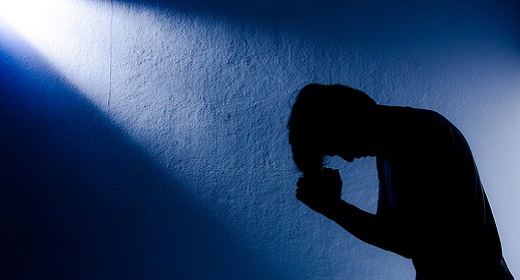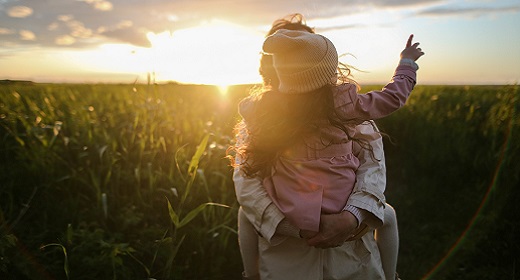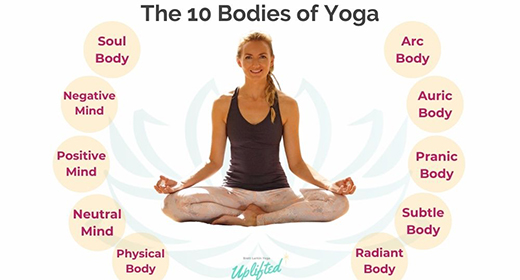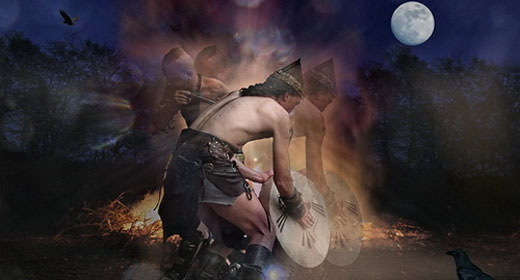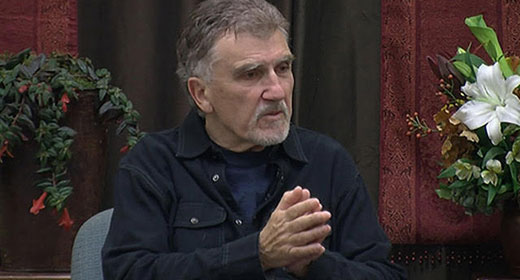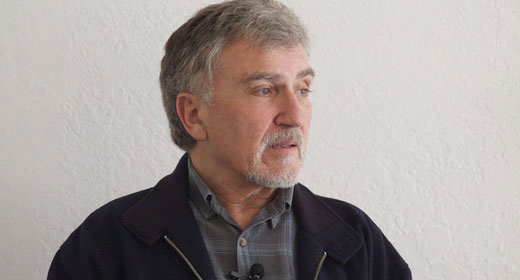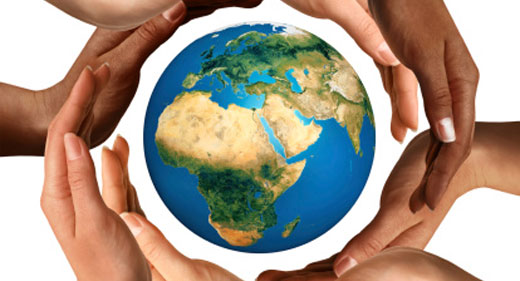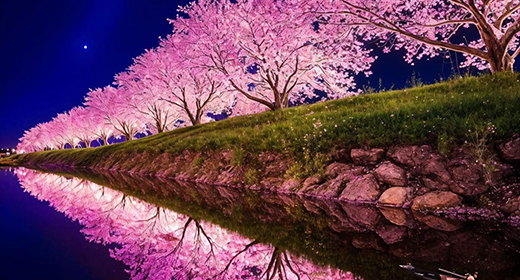by Cynthia Shahan: Meet Lawrence Edwards, a neurotherapist, psychotherapist, and an expert in Kundalini Awakening.
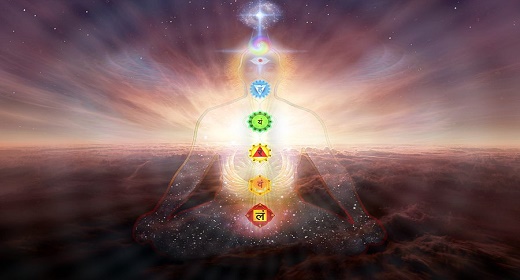
Lawrence is unusual in this field because he has a deep grounding in both Eastern and Western traditions, and applies them both to his work with Kundalini.
Join Lawrence and I as we explore Kundalini awakening in the modern world: why it can be so freaky, how it is connected to mental illness, and the trials and perils of finding an authentic teacher.
On defining Kundalini Awakenings
“Kundalini is the power of revelation and transformation, and that’s what it does from the moment it awakens.”
“The mind has it’s limitations. The mind trying to get free of itself is like us trying to jump over our shadow. It takes a force of grace.”
“It’s the power that mystics and lovers of the divine from all traditions tap into. It has many different names, from the Great Goddess, to Inanna, to Tara, to Kali, to Kundalini… It’s a universal power of consciousness that can reveal and transform the body and the mind so that we can experience union with the divine.”
On the difference between Kundalini Awakenings and the movement of prana
“Not all transpersonal or transcendent experiences are Kundalini.”
“Kundalini awakening is not meant for everybody: they’re not ripe. You can’t force a fruit to ripen on the tree, when it’s ripe it drops.”
“In the yogic tradition it’s said that by effort alone, by discipline, and practice, that you can essentially move your consciousness only up to ajna chakra, and still not necessarily have a Kundalini awakening.”
On why we get freaked out by Kundalini Awakenings
“Up until Kundalini awakening, even if we’re familiar with doing yoga practices, the ego mind thinks it’s the one running the show… that changes quite dramatically when Kundalini awakening happens, because now it’s very clear that there’s another power, a sublime, divine force working within.”
“A spontaneous awakening, that can seem unrelated to anything a person is doing in this lifetime, is really the fruit of past lives.”
On Kundalini and mental health crises
“The truth is, those things can be occurring simultaneously… In the clinic we were often dealing with people who were being overwhelmed with Kundalini processes, and some of them had, at the same time, mental illness. They needed to deal with both effectively.”
“Two things can be going on simultaneously here: very profound, meaningful experiences that unfortunately that individual’s mind may not have the strength to contain or to hold, and that can come out as psychotic.”
On the benefits of yoga
“All of yoga is self-regulation. It’s an ancient and quite extraordinary method of self-regulation…we have to understand that what’s being worked with is attention…being able to control your attention and direct it in certain specific ways changes our body, changes our mind, and changes our experience of reality.”
On how to stop the ego co-opting a Kundalini Awakening
“Stay with everyday life… do the simple practice, live your life. You don’t have to spin off. You don’t have to leave everything. The divine is completely present in this moment, in your life, in your family, in your work, in your relationships. Those aren’t the obstacles.”
On finding a worthy teacher
“I deal as much with Kundalini as I do with outcomes of bad teachers, who turned out to be not trustworthy, or they got caught up in their own experiences and have wound up in a kind of psychic inflation, or they might be very well meaning, but they still are not knowledgeable, they are not practiced, they are not grounded.”
“The student needs to exercise discrimination. They have to be able to look and see, what’s this teacher teaching? What are they about? Do they live their teachings? Do they walk the talk? What do other people say about this person? If you hang out with them what’s the feeling you get? What’s the feeling other people get?”
About Lawrence
 Lawrence’s personal journey with Kundalini awakening began long ago and transpersonal experiences of the Devi are some of his earliest experiences in this life. He did his doctoral research on Kundalini, and has taught meditation and Kundalini yoga at universities, retreat centers, hospitals, prisons, hospice organizations. He also taught at a medical school for 18 years, and his professional training includes Jungian and transpersonal perspectives as well as neuroscience, neurofeedback and biofeedback.
Lawrence’s personal journey with Kundalini awakening began long ago and transpersonal experiences of the Devi are some of his earliest experiences in this life. He did his doctoral research on Kundalini, and has taught meditation and Kundalini yoga at universities, retreat centers, hospitals, prisons, hospice organizations. He also taught at a medical school for 18 years, and his professional training includes Jungian and transpersonal perspectives as well as neuroscience, neurofeedback and biofeedback.
